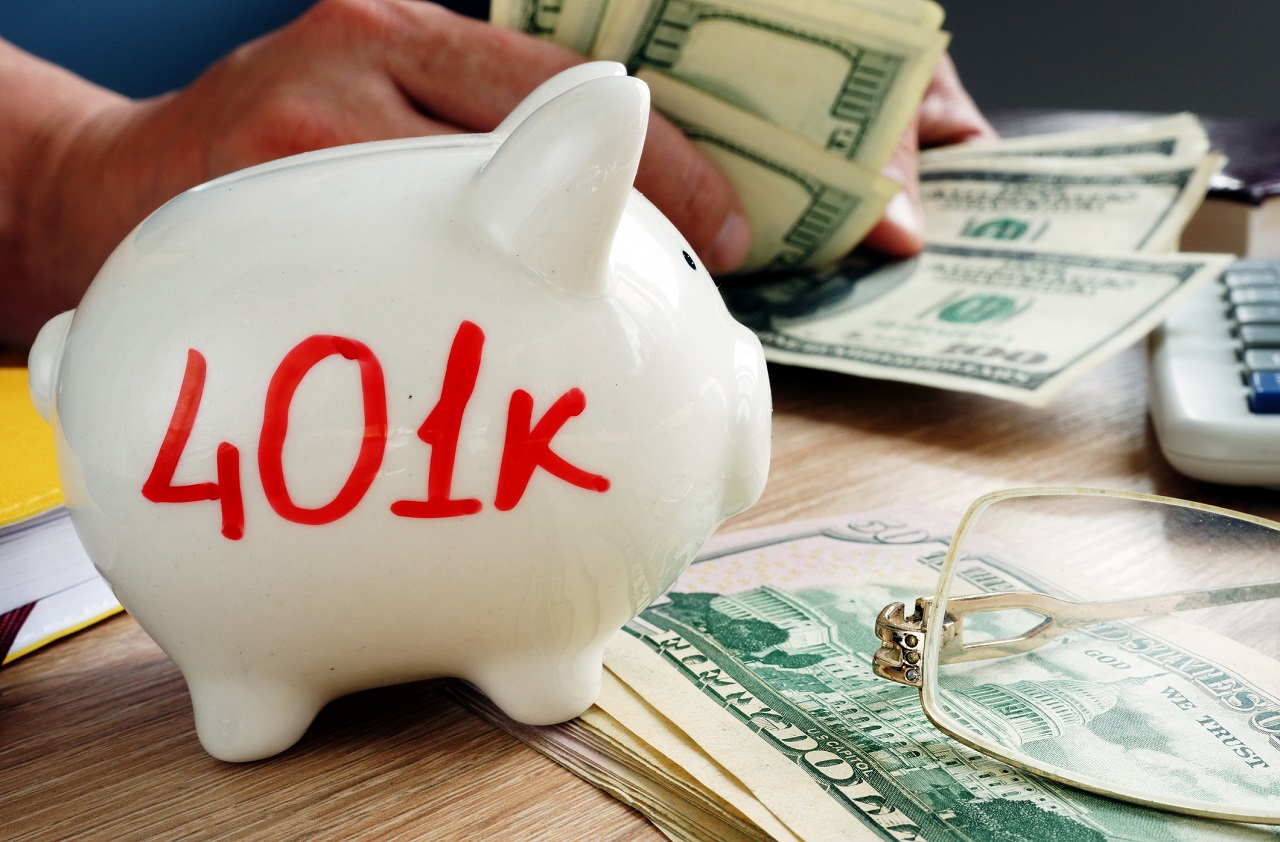How to Avoid Cashing Out Your 401(k)
It’s easier to transfer your savings to your new employer’s plan.


Profit and prosper with the best of Kiplinger's advice on investing, taxes, retirement, personal finance and much more. Delivered daily. Enter your email in the box and click Sign Me Up.
You are now subscribed
Your newsletter sign-up was successful
Want to add more newsletters?

Delivered daily
Kiplinger Today
Profit and prosper with the best of Kiplinger's advice on investing, taxes, retirement, personal finance and much more delivered daily. Smart money moves start here.

Sent five days a week
Kiplinger A Step Ahead
Get practical help to make better financial decisions in your everyday life, from spending to savings on top deals.

Delivered daily
Kiplinger Closing Bell
Get today's biggest financial and investing headlines delivered to your inbox every day the U.S. stock market is open.

Sent twice a week
Kiplinger Adviser Intel
Financial pros across the country share best practices and fresh tactics to preserve and grow your wealth.

Delivered weekly
Kiplinger Tax Tips
Trim your federal and state tax bills with practical tax-planning and tax-cutting strategies.

Sent twice a week
Kiplinger Retirement Tips
Your twice-a-week guide to planning and enjoying a financially secure and richly rewarding retirement

Sent bimonthly.
Kiplinger Adviser Angle
Insights for advisers, wealth managers and other financial professionals.

Sent twice a week
Kiplinger Investing Weekly
Your twice-a-week roundup of promising stocks, funds, companies and industries you should consider, ones you should avoid, and why.

Sent weekly for six weeks
Kiplinger Invest for Retirement
Your step-by-step six-part series on how to invest for retirement, from devising a successful strategy to exactly which investments to choose.
If you’re changing jobs, you will probably remember to pack your framed pictures, lucky pen and alma mater coffee mug. But there’s something else you should take with you: your 401(k).
Until recently, that was easier said than done. But a U.S. Labor Department ruling last fall could open the door for automatic 401(k) transfers between employers, which means fewer employees will be tempted to cash out, triggering taxes and early-withdrawal penalties if they’re younger than 55. Cash-outs, which are most common among workers with less than $5,000 saved, will cost Americans $2 trillion in savings over the next decade, according to Deloitte Consulting.
“Someone with a $5,000 balance in their 401(k) might lose $1,750 as a result of an early withdrawal,” says Mike Giefer, a certified financial planner in Minneapolis. Plus, “if they don’t retire for 40 years, that money invested could have been worth $75,000” (assuming a 7% yearly return).
From just $107.88 $24.99 for Kiplinger Personal Finance
Become a smarter, better informed investor. Subscribe from just $107.88 $24.99, plus get up to 4 Special Issues

Sign up for Kiplinger’s Free Newsletters
Profit and prosper with the best of expert advice on investing, taxes, retirement, personal finance and more - straight to your e-mail.
Profit and prosper with the best of expert advice - straight to your e-mail.
Companies that don’t participate in automatic rollovers may still let you roll over your former employer’s 401(k) to their plan. If your next job doesn’t allow rollovers—or doesn’t offer a 401(k)—roll your savings into an IRA.
Profit and prosper with the best of Kiplinger's advice on investing, taxes, retirement, personal finance and much more. Delivered daily. Enter your email in the box and click Sign Me Up.
